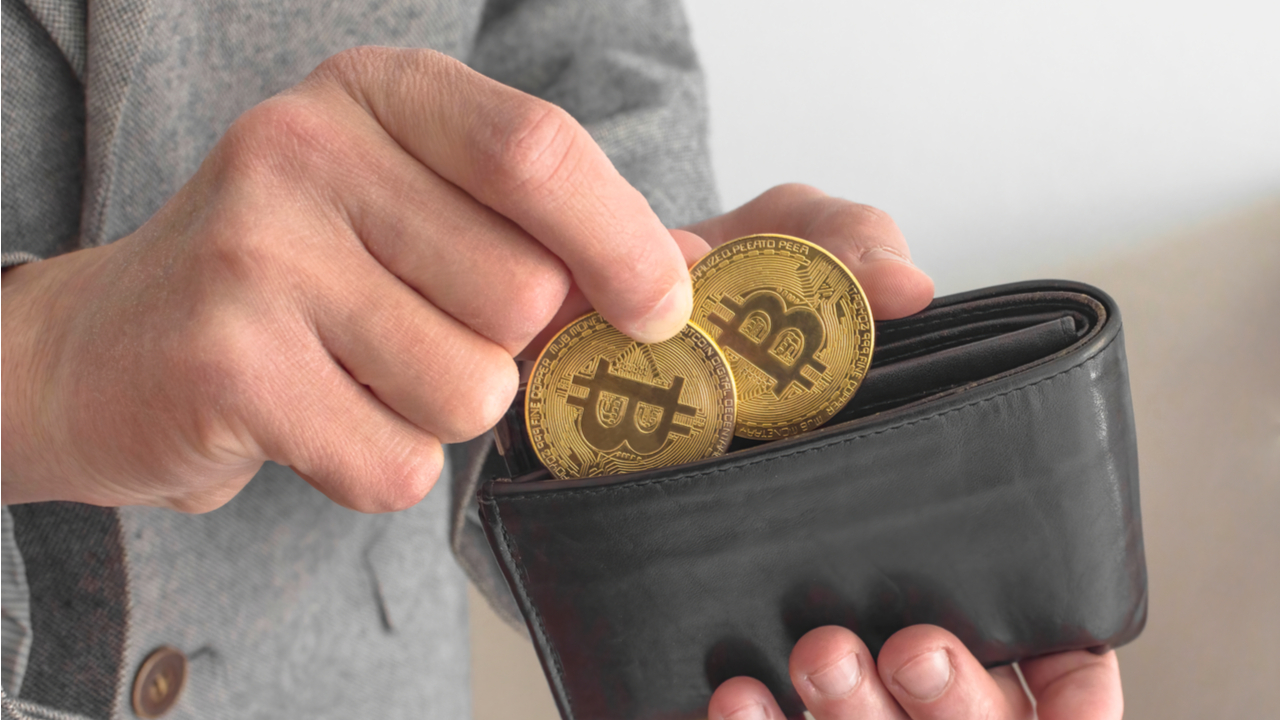
If authorities agree to a proposal by the Russian trade association, keeping cryptocurrencies in noncustodial wallets could be criminalized. While financial regulators think the idea deserves attention, lawmakers and experts doubt it’s possible to implement such a measure.
Russian Banks Take Action to Stop Private Cryptocurrency Money Wallets
Challenges with foreclosure and seizure of crypto assets held by debtors and criminals have motivated the Association of Banks of Russia (ABR) to suggest introducing criminal liability for storing coins in non-custodial wallets, the organization’s Vice President Anatoly Kozlachkov told Izvestia this week.
ABR’s initial proposal, made with the advisory assistance of the Russian Ministry of Internal Affairs, was to criminalize the undeclared storing of cryptocurrency in such wallets. Kozlachkov indicated that now the group is leaning toward pursuing refusals to give wallet keys upon request by authorized agencies.
ABR clarifies that the ABR isn’t referring to digital assets held in crypto exchanges wallets. Although these are controlled de facto by these platforms, wallets managed directly by users will be.
When the relevant authorities establish a connection between a debtor and a cryptocurrency wallet, for example, the person may be given a choice — to either share their keys or risk penalties for hiding property in the form of digital assets.
Besides preventing capital outflow through crypto, the bankers say their approach would help to create “a closed circuit for the circulation of cryptocurrencies” in Russia. The ABR states that this is impossible without effective foreclosure mechanisms for non-custodial crypto.
In mid-April, the ABR sent its regulatory concept to the Central Bank of Russia, the Ministry of Finance, and Rosfinmonitoring, Russia’s financial watchdog. Rosfinmonitoring informed Izvestia it was worthy of attention, and that the finance ministry would be open to considering it. Bank of Russia refused to comment.
The idea was criticized by lawmakers as well as representatives from the crypto industry at the expert council of the parliamentary work group that is responsible for developing comprehensive regulations. Andrey Lugovoy, the group’s deputy chairman, said he understood ABR’s concerns but warned the move would hinder the legalization of the crypto market.
Izvestia also interviewed experts. According to Roman Yankovsky, deputy dean of the Faculty of Law at the Higher School of Economics, a leading Russian university, it’s unrealistic to identify the non-custodial wallets of ordinary citizens and seizing them would be difficult, if not impossible.
Andrey Gusev is the managing partner at Nordic Star and believes that criminal liability should not be imposed for the possession of such wallets. He says tax incentives as well as administrative fines are sufficient to discourage Russian crypto-holders from hiding or using them.
Criminalizing non-custodial wallets is “fundamentally wrong,” thinks Maxim Bashkatov, head of the Legal Development Department of the Center for Strategic Research. He points out that right now it’s unsafe for Russians to store cryptocurrency on exchanges because of the risk of asset freezes as a result of western sanctions imposed over the war in Ukraine.
Are you concerned that Russia might criminalize crypto assets kept in non-custodial accounts? Please comment below with your thoughts.
Images CreditsShutterstock. Pixabay. Wiki Commons
DisclaimerInformational: This article is not intended to be a solicitation or offer to sell or buy any product, service, or company. Bitcoin.com is not a provider of investment, tax, legal or accounting advice. The author and the company are not responsible for any loss or damage caused or alleged caused by the content or use of any goods, services, or information mentioned in the article.